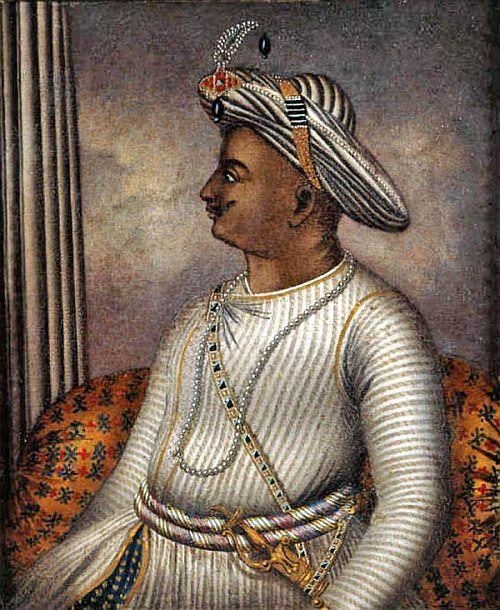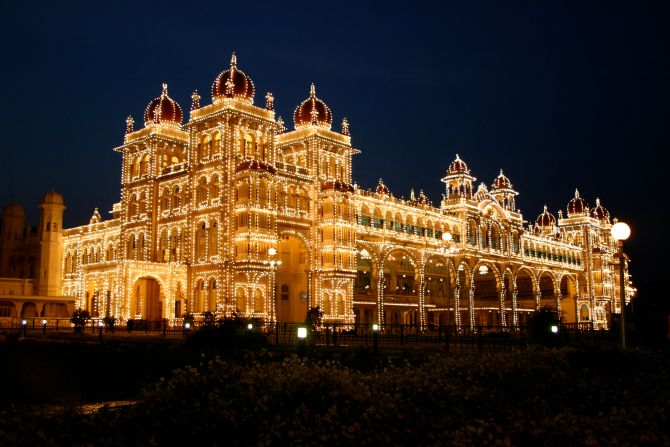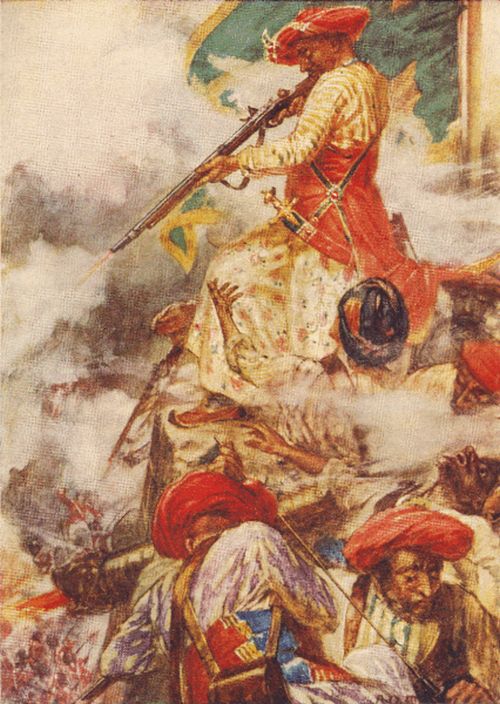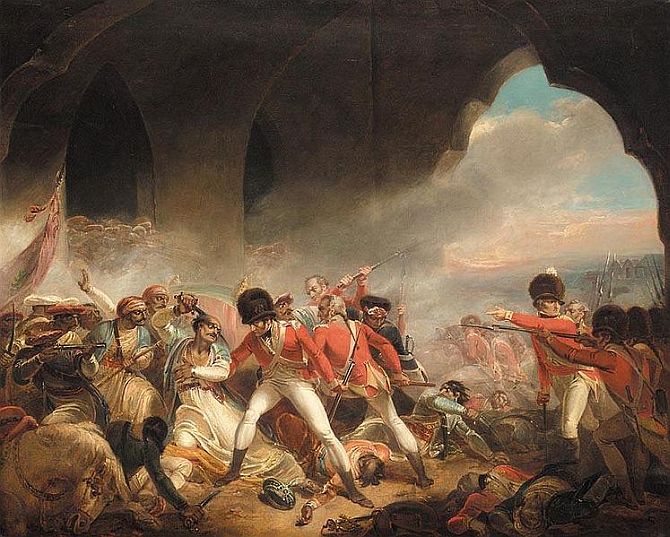
The Karnataka government's decision to have a tableau depicting 18th century Mysore ruler Tipu Sultan for the Republic Day parade sparked a furore on Twitter, with some equating it with having a tableau of British colonial rulers, while others brought up his destruction of Hindu temples.
Vikram Sampath, Bangalore-based author of Splendors of Mysore: The Untold Story of the Wodeyars, tells Indulekha Aravind that the need of the hour is to stop identifying our historical figures with one community or the other. Edited excerpts:
Why is Tipu Sultan such a divisive figure in Karnataka?
The sharp reactions baffle me. Why should any community identify itself with or appropriate the legacy of a ruler? After all, Tipu was not a religious figure but a politician and hence inevitably had to make compromises.
Tipu has been made divisive by people who want to use his name to milk their ends on either side of the debate, as there are ample examples to suit both arguments.
We need to free our historical figures from these vicious clutches, be it Tipu Sultan, B R Ambedkar or anyone else, and stop identifying a community with each of them.
Offence, if any, by Tipu supporters should be taken when successive state governments have done precious little to save the crumbling ruins of his fort in Srirangapatna, or when his foundries get demolished for something as mundane as converting a railway line to broad-gauge.
Please ...

You've mentioned in speeches and articles that it is unfair to judge Tipu Sultan by modern day standards of secularism. Could you elaborate?
Terms like 'secularism', 'communalism' and 'nationalism' were all unknown and unheard of in the 18th century Mysore of Tipu Sultan, and we are trying to force-fit his actions or inactions to these modern definitions. In his fight against the British did he not align with the French who were no less colonial as was shown in the Carnatic Wars?
This is not to take away from his bravery and the hatred with which he wanted to vanquish the British at all costs.
If Tipu is called 'communal', we have examples of his generous grants to the Shankaracharya of Sringeri, and his renovation of the temple there when it was ravaged by the Marathas who are now ironically the symbols of Hindu nationalism, among others.
In fact, we know the Ulemas were annoyed with him for not doing enough to Islamise Mysore.
Yet, if we call him 'secular' we also have examples of his desecration of numerous temples within and outside Mysore. My hypothesis has been that religion was perhaps not such an important identity marker, but more of a tool for political legitimacy.
So each time one wanted to subjugate another ruler or class of people, breaking these symbols of that religion and thereby the legitimacy became essential.
...

There are suggestions that Tipu might have been a victim of British Colonial propaganda and a new documentary made for London's Victoria and Albert Museum raises this question.
As Voltaire had said, 'History is the lie that is commonly agreed upon'. Any version of history is an outcome of the power that commissioned it.
While it is most likely that the British have portrayed him as a zealot and a schizophrenic, how am I to assume the total impartiality and objectivity of Tipu's own court historians?
The annals of the Mysore royal family commissioned by the Wodeyars in the early 20th Century, expectedly brand him as a "Lokakantaka" or despot, justifying their alliance with the British to defeat him and thereby doing a great public good in some way.
This is natural and a modern historian needs to assess all these varying versions to come to his or her own objective assessment.
...

From a broader perspective, do such controversies arise because of our inability to look beyond black and white while reassessing history?
Yes, most certainly. We have no place for any discourse on shades of grey when it comes to historical figures.
But the more dangerous argument I saw on social media was that mentioning all these acts of atrocities would hamper Hindu-Muslim relations in modern India.
Today's Muslim men and women are in no way responsible or accountable to anyone in this country for what Aurangazeb or Tipu Sultan did as conquerors, or even for Partition.
Anyone who does this must be punished with all the might of the modern state. Why should they bear the albatross of these horrible acts of another century? At the same time, when facts stare you in the face do we gloss them over, or worse, invent a false history?
Acknowledgement of the past and some bitter realities of it, a sense of closure is necessary if India has to step into a truly modern and liberal society where history and its assessment is not held captive to modern day exigencies.
Click on NEXT to go further...
Click on MORE to see another PHOTO feature...